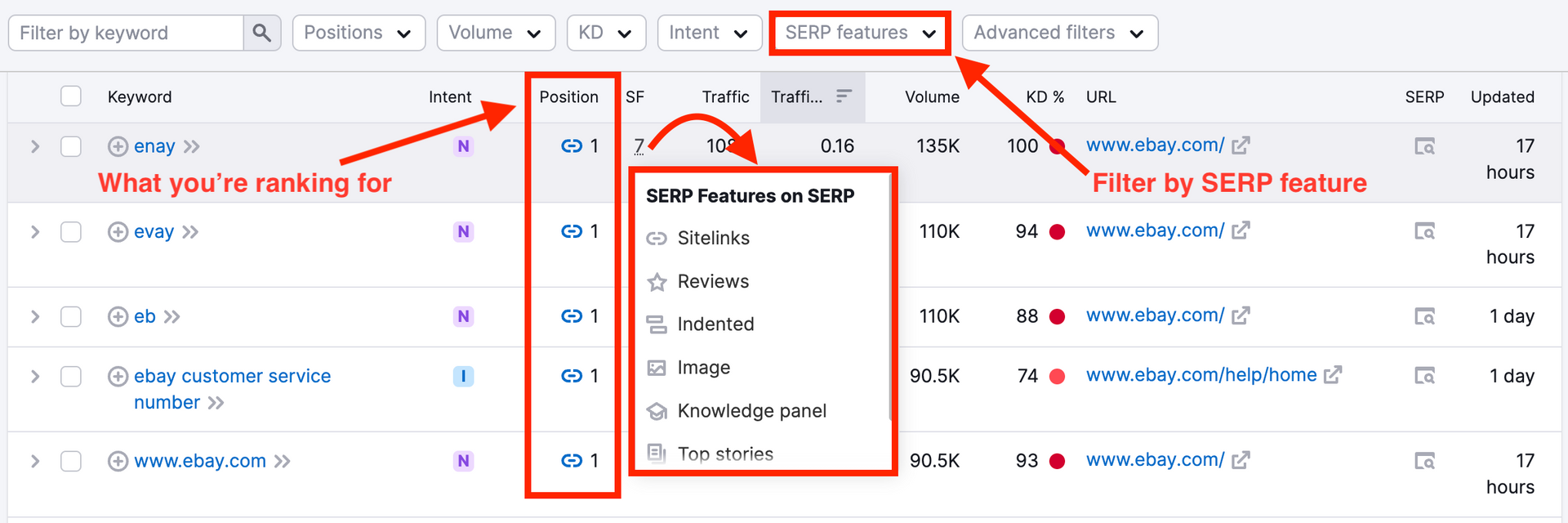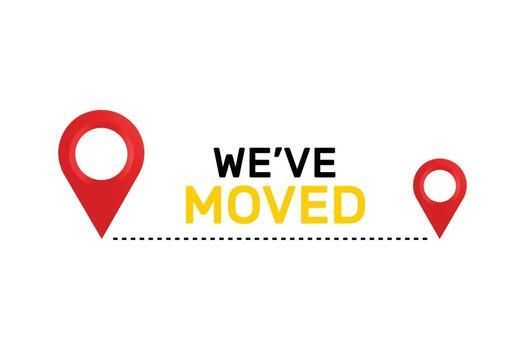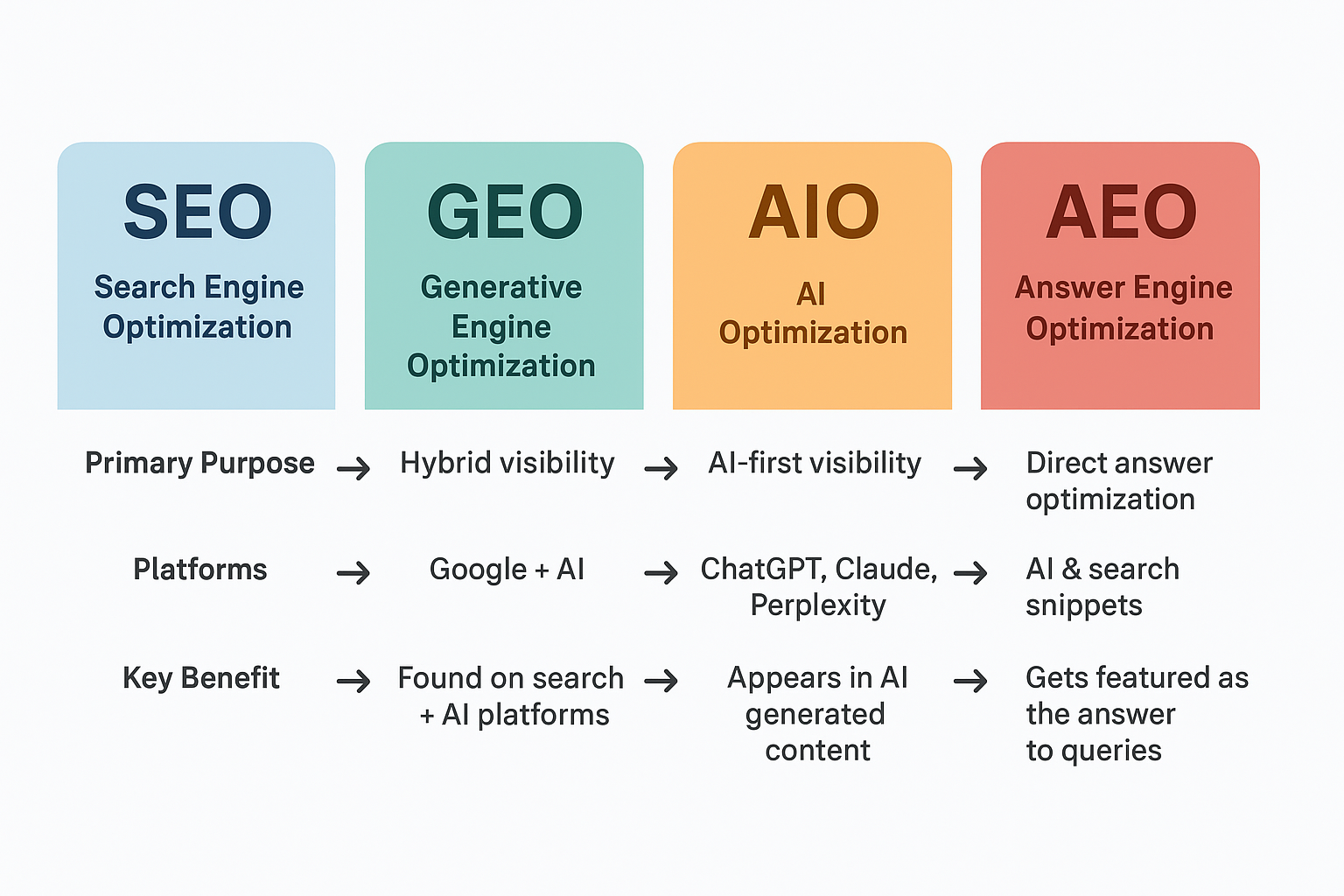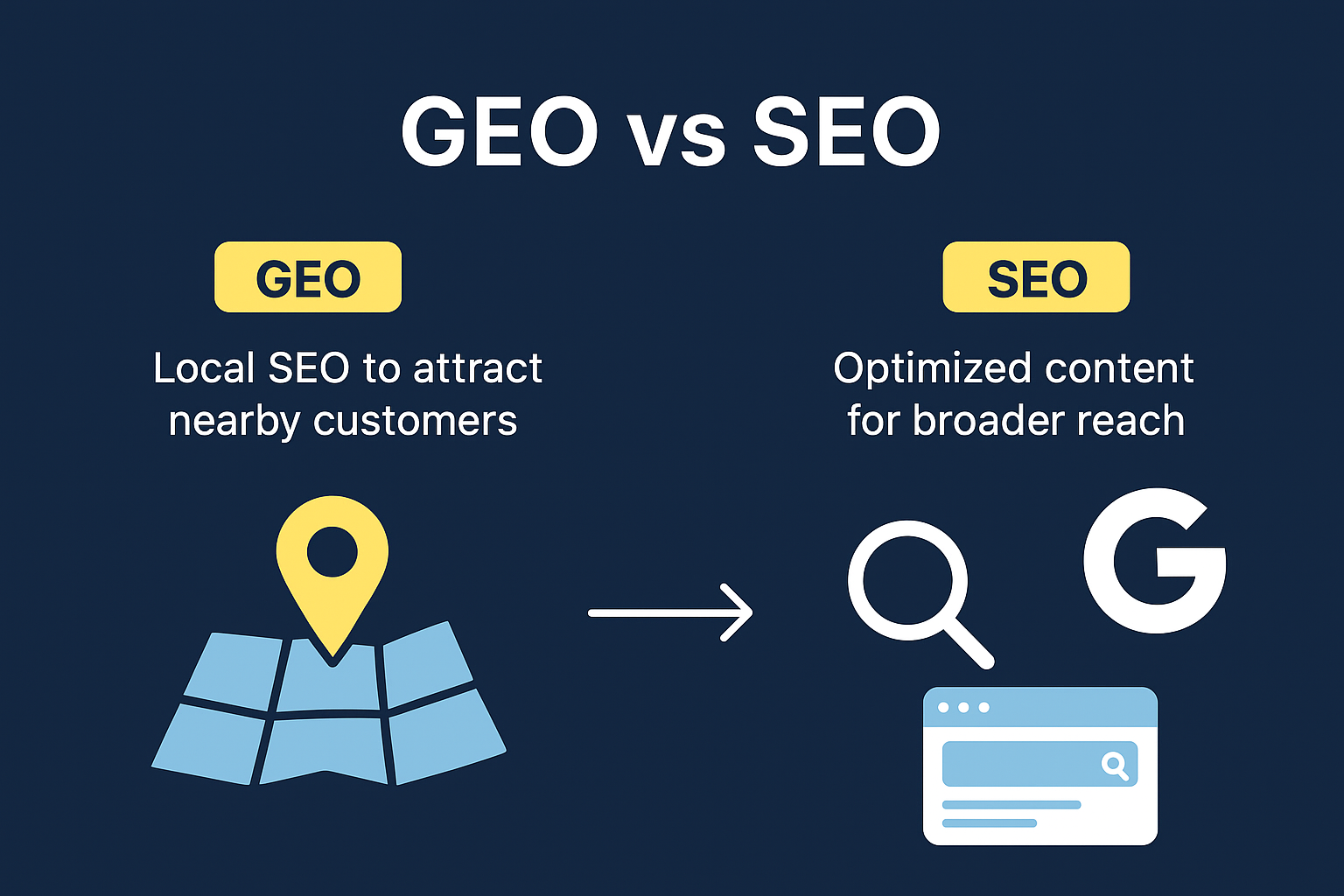WEB DESIGN & SEO FOR FASTER GOOGLE SERP RANKING
Website Ranking Quick on Google
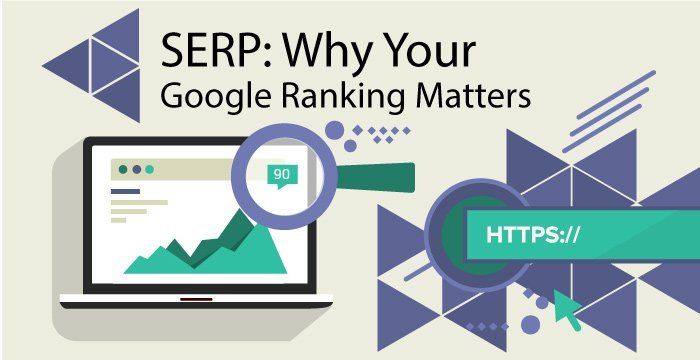
Whether you're a total website newbie or an old SEO pro, this article is sure to have something for everyone. We share years of tried & true ways that work and get businesses on the first page of Google. everything from web design and site architecture, all the way up to advanced SEO topics like content creation & optimization, Blogs, and link building--
Websites are an important part of any company's marketing strategy. Especially since we have entered into a digital marketplace (covid 19 speeded it UP) NOT only do websites and SEO have the power to generate sales and promote customer interaction, but also often represent a significant investment of money & time building & maintaining them as well! But there is more than just making sure your website works properly- you need search engines like Google, Bing & Yahoo finding it so potentential customers can find out about products or services & prices quickly on their website
We all know that Google is constantly evolving in response to websites. And over the past several years, they've put considerable effort into helping identify high quality sites and biasing search results accordingly- so you don't have a poor user experience when listing your website on page one for "lowest price". By 'quality', we mean SSL secureness (which goes hand-in glove with speed), whether or not it's mobile friendly...and just looking at things objectively: organization & typos, have lots of typos and, well just don’t look good or work properly.
When it comes to design, you should never underestimate the power of RankBrain. Google's AI technology can identify an ugly website and rank them lower in search engine results because they're not worth your time or money!
The better designed & planned our websites are with strategic advantages gained through good quality content on them across all channels; then there will be no contest for the top spot when matched up against competitors who also use these online tools as well- but only if we play by today’s rules (which unfortunately don't always apply).
Website Content:
We all know that content is important for Google to evaluate what your website about. They use the keywords in their search algorithm, so make sure you have the right keywords! We will go over both basic and more advanced topics when it comes down to webpage design - like using images or tables as part of SEO techniques which can help rank higher on SERPs (search engines result pages). Having relative content & keywords is important because it is one of the main ways that Google wii evaluate what your website is about & how it compares to your competitors!
Websites that have little or no content are not providing value to visitors, according to Google.
Google wants to help you make your website better by giving it more content. The search engine has been known for being a very insightful reader of text, and if there's not enough information on the page then they'll get lost in translation - literally! It also doesn't help that their algorithms weigh factors like availability & accessibility before considering how helpful these sites may be when users try searching based off certain keywords or phrases which can leave some people out entirely (such as those with visual impairments).
Website Content Strategy: Thin content can’t teach, inform, or explain. So, from the beginning, you must plan on having ample written material for every web page that you intend to have to capture search engine rankings- it is good for both your users and Google! Current trends in design are moving away from visual sites with light amounts of content & images.
Web designers and SEO companies have a responsibility to make sure their client understands the importance of content. Mobile OPZ regularly tests basic factors including volume, keyword density, etc., for determining how well-designed websites will rank in search engines
We know that great-looking sites without any information or with poor quality blog posts can't expect organic traffic from users who want answers on relevant topics - it's all about providing what they need!
Keyword targeting, keyword density & content are three of the most crucial aspects in SEO. Many people believe that these terms don't matter, however this could not be farther from true if you want your site to rank high on Google's SERPS (search engine results page). You see when someone searches for a product or service, they would like information about “the" website will show up top based off their keywords - which ensures it gets seen by potential buyers!
Website Content Management: The best way to add value on a web page is by including high-quality content. 200 words will not suffice and can even be harmful if they don't contribute anything useful or relevant for search engines, so make sure you have at least that amount of writing topic available! You may struggle with 600 - 1 000+ word articles but 400 worked well in my case since it was geared more towards providing information rather than being long winded like some other pieces I had done before this point
Website Content Strategy: A good web page needs to have a narrow focus. For example, one plumber who offers leak repair and other services may only be able to rank well for his specific area of expertise: plumbing emergencies or installing water heaters in homes that need them most urgently--but not both! So instead, he should create two different websites depending on what kind of customer you're looking at (maybe called "Leak Repair" vs “Home Construction”)
The services pages are the most important part of your website, so don't skimp here! These will allow for ample content focused on each service and provide a significant opportunity to rank well in google. Don’t get lazy with adding quality content & images- make it as detailed or specific about these things that might be unclear when reading through bullet points alone.
Website Content Audit: Each service offered by a business should have its own web page. Do not combine all services onto one page - they don't make sense together and it's just confusing! The content for these pages needs to be at least 200 words long, so use that as your guideline when writing them up ahead of time if possible; but remember: less is more sometimes too :)
KEYWORD TARGETING
Google Keyword Targeting: Who doesn't love Google? The best reader ever created by humanity with over 30 trillion web pages having been “read” in just one year, it means that the words you use on your website are critical because they determine what the page is all about. This leads us into keyword research and targeting- This leads to keyword research and targeting. It is very difficult for a web page to gain meaningful rankings for words that are not on your website. If a plumber offers “emergency plumbing services” then their website better have the phrase “emergency plumbing services” within it. If not it will be no meaning for these visitors who come from different local cities around your local service areas looking for your services.
Keyword Targeting Display: integrate your target keywords into the content and if this website serves a local audience, be sure to include where it is located (what city) as well. Your primary keyword should also stand out from Google’s perspective so don't just mention them once in an article but rather work those terms through several times throughout all of its pages - even though they may appear multiple times per line! Use phrases such like "Mortgage Company" instead generalizing about what you're looking for by saying 'home loans' everywhere when only focusing on mortgage loans.
Quality Content Meaning
Duplicate Content Checker: There are two types of duplicate content: (1) identical pieces that exist on various pages within the same website and/or between different websites; this can be found in footers, privacy statements or other disclaimers. These are not too bad since they're fairly common places for repetition! And (2) duplicates only when you look closely enough--the word "this" appears twice here but it should really just read 'that'
Google is serious about punishing websites with duplicate content, so much that they implemented a ranking algorithm change specifically to address this issue. The "Panda" update was given name because it made sites look like bears when viewed in search engine results pages (SERPs).
Websites that copy content from other websites risk having their web pages devalued by Google. If the amount of plagiarism is excessive, it could lead to entire sites being marginalized in search engine rankings and this would hurt your business's bottom line as well! To avoid these consequences for yourself or clients who may not know they're using recycled material on their site (which is usually because designers are lazy), always create original blog posts/ articles when working with an SEO-friendly design so you don't run into any problems down The Road of Successful Online Marketing.
Google Duplicate Content: We all know that Google loves simple content, so to make sure your website stays in the running for top search engine rankings try following these rules: duplicating kind words or ideas between web pages of same site must remain below 20% per page; prefer placing this type at bottom margins on each individual document. When duplicate material appears across different websites be mindful not exceed more than 5% in any given location throughout both live link development as well as internal linking scheme--even though small blocks are allowed (like capturing quotes from speakers) never rely heavily upon them since they can easily become spotted by algorithms if left unchecked!
The content you are creating should be easy to read and navigate, without requiring any extra effort from your users. Google prefers when its users don't have too much trouble accessing the information that they need - which means making sure all links work properly is important!
SEO Content Writing: This is an advanced SEO-infrastructure topic. Google likes content that is readily accessible, readable and does not require an action on the user’s part to see the content. Content that is behind a content accordion block that requires a user to click to see more content will be diminished in value to Google.
Similarly, content that fades-in as the user scrolls down or slides in from side will likewise receive diminished value by Google. The company sees it and indexes, but rankings of this webpage are largely lost because they're loaded with extra information for no reason other than aesthetics! This fad became popular among website designers during late 2015 - early 2016 which caused many problems like slower load times compared to old fashioned websites where each page has its own independent layer (elements).
Webmasters often argue this point, but we have run dozens of experiments that show definitively. Google’s head SEO John Mueller openly warns web developers about infinite-scroll website designs and it's the first time I've seen them speak out on design styles in over a decade when IFrames were getting all sorts of fad attention from suddenly becoming popular back then. You should inform your client if they want their site to gain competitive rankings because these types might hurt your ability get higher ranks due to how people search online today
WEBSITE USER INTERACTION
Responsive Design: We've all heard the saying "a picture is worth 1000 words." Well, Google seems to think that pictures can sum up an entire website too. In 2015 they announced there are more mobile searches than desktop and this year it's been confirmed again with less than 1% difference! If you want your site seen by as many people possible then responsiveness needs be in every designer portfolio ASAP because we'll need Web Designers who know how much importance a good user experience having has now rather than just before 2030 when screens start getting bigger again. You can't afford to waste time. The negative impact is two-fold: (1) A significant portion of your website's visitors will come in through a mobile device, and if you don’t design responsive websites for them then their sales conversion rates are going down; Google knows this too because as well as being google friendly they also make sure that all people have access point information on desktop or laptop computers so even those without any technical skills may find themselves lost within the site when trying search something simple like "product". And not just those using smartphones either - anyone looking at an advertisement online might end up leaving before clicking due solely based off how difficult it was
Responsive Website Design
With today's technology, it is critical for websites to be responsive. A design that detects mobile users and then redirects them will perform far worse than one who can automatically adjust composition on the fly with his or her device in hand!
You may have noticed that Google treats your main website and all of its subdomains differently. For example, a mobile “m” will not be as powerful or effective in ranking compared to the standard desktop version because there is no momentum from those rankings when scrolling through pages on an iOS device (iPad). There are also some other factors such as PageRank which can affect how well they rank at different levels within search engines.; A better user experience comes along with responsive designs since these types of decay less over time--giving them more longevity for users who visit regularly while also giving rise up front results rather than just one big flash.
User Behavior: Google works hard to ensure that the user experience is positive. It wants its users coming back, and they're more likely do so if Google presents them with great websites in its search results pages - which makes sense because people love seeing what others are buying! Your website should offer value by being easy-to navigate or having helpful information on it; all these factors contribute towards making your business stand out from other businesses competing for attention online.
A lot goes into ranking well within these platforms: keywords need relevance (both sound-based as well keyword rich), links matter too—both quality AND quantity--and then there’s domain Authority
User Behavior Analytics
Websites are constantly competing with other sites on the internet. If you invest little effort into your website, then it will not be seen by Google as something worth rewarding and thusly earn themselves less money from advertisements displayed within those pages or across all websites alike (which comprise ~3 trillion). Putting time into creating high quality content can help increase how much viewers appreciate an article while also boosting search engine rankings over general ones like Facebook's algorithm
A blog post must compete against thousands - if not millions-worth competition for attention; therefore, producing engaging content contributes directly towards success in this area.
Page Load Speed: Web page load speed is critical and slow-loading websites absolutely will receive a ranking penalty. Avoid the temptation of host your website on cheap web servers that make it difficult for visitors with fast connections, as they may be unable to enjoy an optimal browsing experience due their high bandwidth requirement
Achieving good rankings in search engines like Google requires careful consideration towards many aspects including but not limited to: content quality; user interface design (UI); scalability & reliability which all depend heavily upon
The web hosting market is flooded with “big” hosts who oversell their space. You should always use common sense when it comes to choosing a cheap plan, but you risk search-based rankings if your site takes too long for loading or has errors on the page after running Google's tests (speed enhancements). If that still doesn't help then there might be more serious problems at hand - like missing images which can ranking negatively in SERPS [search engine results pages] due to lack of user engagement and low dwell time.
WEBSITE META TAGS, Page Descriptions
Website META Tags: Meta tags include the page <title> and META Description tags, and every web page should have them. Moreover, each page <title> tag and META Description tag should be completely unique and directly represent what each web page is about. Your META tags should include the same target keywords that you use within the bulk content of each web page. Back to our plumber example discussed earlier, if you target a keyword like “Chicago emergency plumbing services” then the phrase “Chicago emergency plumbing services” should also be in your META tags. Especially so within your page <title> tag, but you can deviate a little in your
META Description tag
META Tags Guideline: Include unique page <title> tags and META Description tags for each web page, even if you do not feel like the page has good SEO value. Incorporate the same target keywords within your META tags as you use for the bulk content of each web page. All META tags should be unique to only the specific web page that it addresses. Your page <title> tag should be under 68 characters in length and the META Description tag under 160 characters. Do not underestimate the value of your page <title> tag, as it is “ounce per ounce” the most influential portion of your website in regard to content optimization. META Description tags do not directly impact search rankings, however they influence click through rates which not only drives more visitors to your website, but also impacts search rankings. Google likes to show websites that people click-to often, and your click through rates
tell Google that people like your website.
SSL & SECURITY CERTIFICATES
Website Security: Websites that collect confidential information about people or businesses should make sure they use SSL websites. This is especially important if you have a web form on your site where users enter their personal data, like passwords and credit card numbers! Google has been penalizing sites with non-secure connections for keyword rankings because it thinks these pages are identical to those whose domains start https:// instead http:// . However, there's some good news: switching over can take less than 2 months; sometimes even sooner.
Website Design Security Guideline: If you are redesigning your website, the page names and URL paths will change. So switching to SSL/HTTPS is a no-brainer for SEO purposes as well! But before making this decision weak consider whether or not collecting sensitive information via web forms on YOUR site might be risky--because if Google sees an error message when loading up their browser then they'll block access entirely which could really hurt rankings in some cases (especially since there's nothing worse than losing traffic due poor performance).
This SEO-friendly web design guideline is not comprehensive, as there is much more to SEO than building a good SEO infrastructure including keywords, content development, blogging, backlinks & more!
Are you looking for a one stop digital marketing agency to work with? We provide all of the digital marketing services you can possibly need under one roof, with one team, located in Greeley, and serving customers throughout the United States specializing in Denver & northern Colorado. Call 720-492-9625 for a free quote!
· Web Design & Web Development
· SEO (Search Engine Optimization)
· Social Media Marketing Management
· Content Marketing
· Blog Posts We can even write them for you!
· Social Media Content Creation: Videos, Posts
· Email Marketing
· Consultation
· Training You Or the Team to Manage & Post to your Social Media


